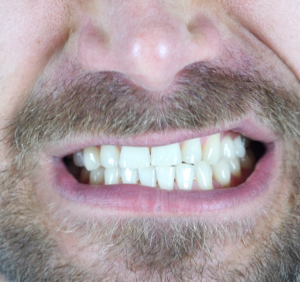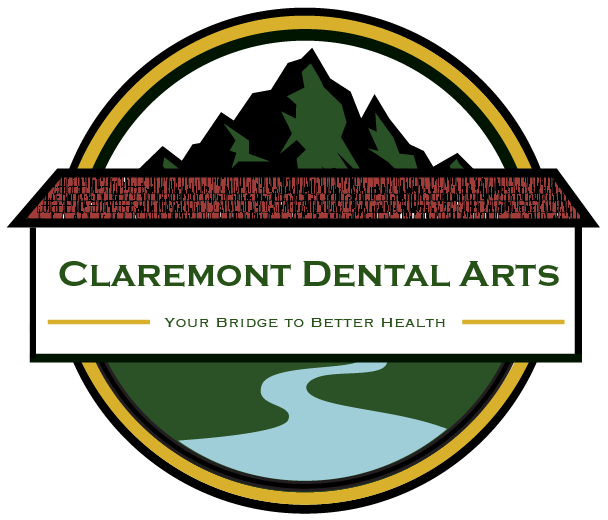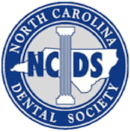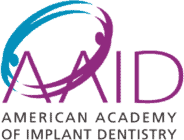
On the surface, seems like the symptoms of teeth grinding would be obvious. However, as it turns out, teeth grinding–known medically as “bruxism”–is a bit more complex and even more subtle than it might sound. As bruxism can cause long-term damage to the teeth and jaw, we must be all aware of the symptoms and causes of teeth grinding and know when to pursue treatment from a medical professional. Teeth grinding is also more common than many people think, meaning that this problem may affect many of us without our awareness.
What is Teeth Grinding/Bruxism?
Teeth grinding/bruxism is caused by tension in the jaw when someone unconsciously clenches their jaw, grinds their teeth together, or otherwise uses tension in the jaw to work their upper and lower teeth against each other. Bruxism may occur while awake or asleep, but it’s more common in the sleep bruxism form.
There are many possible causes for teeth grinding, which makes diagnosing and treating bruxism challenging. Mental or emotional stress, muscle tension, problems with joints or ligaments, and malformation of the bones and teeth are all possibilities. It is essential to consult your dentist as soon as you suspect teeth grinding to prevent further damage and resolve the problem.
Symptoms of Teeth Grinding
Again, the symptoms of teeth grinding might seem obvious–it’s all about grinding teeth, right? However, there’s a bit more to it and sometimes bruxism and its symptoms can be difficult to detect. Your dentist can tell you more about your unique situation, but this is a general list of possible symptoms of teeth grinding:
- Teeth grinding, clenching, or similar actions at night, which may be loud enough to wake up your sleep partner
- Wearing down, flattening, fractured, chipped or loose teeth. This may be especially evident in the molars.
- Increased tooth pain or sensitivity, particularly while eating/drinking hot or cold things
- Tired or tight jaw muscles, sometimes manifesting as the inability to open or close the jaw
- Jaw, neck, or face pain or soreness
- Pain that feels like an earache, though it’s not a problem with your ear
- Dull headache starting in the temples, particularly in the morning
- Damage from chewing on the inside of your cheek or the sides of your tongue
- Sleep disruption
Any of these symptoms, alone or in combination, may indicate that teeth grinding is an issue. To maintain overall health, it is important to brush, floss, and do a self-examination regularly. Changes in your teeth and jaw are worth paying attention to, and keeping track of them is essential.
When to Seek Professional Care for Teeth Grinding
It’s time to seek professional help for teeth grinding/bruxism as soon as you notice symptoms. The issues aren’t likely to correct themselves, and professional service can mitigate damage while seeking to correct the underlying cause of teeth grinding.
The treatment for teeth grinding varies depending on the underlying cause and thus varies from patient to patient. Stress is a prime cause of bruxism in adults, so stress management, therapy, or medication may become possible treatment paths. Some prescription medications may cause bruxism, so a broader discussion about treatment options and health may be necessary. Young children are prone to teeth grinding, and while they may grow out of it a protective mouthguard may help in the meantime. Until a solution can be found, mouthguards are also a good option for adults. Your dentist can help you find the proper treatment for your teeth grinding, and correct/repair damage that has occurred.
If you suspect that you may be dealing with teeth grinding, get in touch with us today. We’ll make an appointment, get you in to see us, and help you find solutions to the problem before things get worse. Teeth grinding can result in permanent damage, and at Claremont Dental Arts we’re dedicated to helping your smile last a lifetime!




